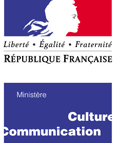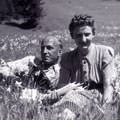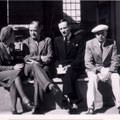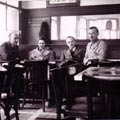Teaching Staff
As a result of the war, the standard of the Polish High School's teaching staff was quite exceptional. Its teachers included several full and part-time professors and lecturers from Polish universities, and each individual endeavoured to achieve the best possible results in their specialist subject.
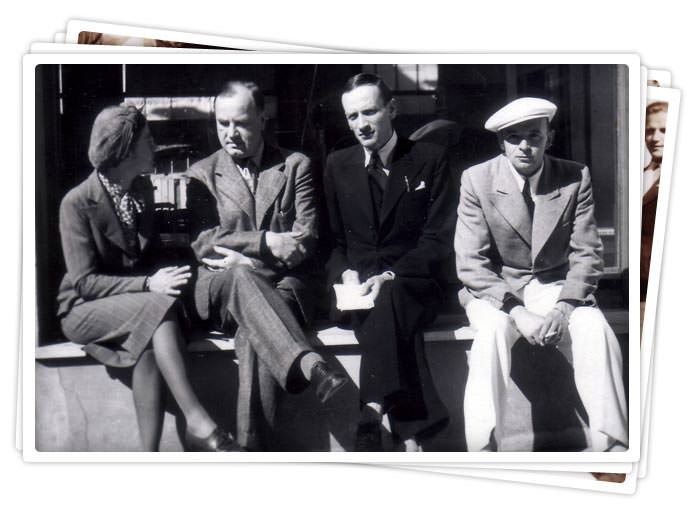
The teachers were led by Professor Zygmunt Lubicz-Zaleski, from the University of Warsaw. He had been living in France for some time, was a part-time lecturer at the Institute of Slavic Studies and at the Sorbonne, a poet and a writer, and the author of a major literary work. He was the school's first headmaster, and taught Polish literature to its pupils.
Wenceslas Godlewski was the high school's general secretary and Zygmunt Lubicz-Zaleski's right-hand man, standing in for him when he was deported. Godlewski was a Polish assistant at the University of Lille and a medieval history and aesthetics teacher. He taught Polish history and literature at the school.
Professor Berger was an outstanding mathematician who became the school's third headmaster when Wenceslas Godlewski was deported. He also founded the school's famous choral society.
A few of the Polish High School's most notable teachers...
Wlodzimierz Tarlo-Mazinski, from the University of Wilno, taught astronomy and philosophy.
Kazimierz Gerhardt, from the Lwow Polytechnic School, was a very cultured man. He taught physics and chemistry.
Marian Kozlowski, an oil industry specialist, taught chemistry, and for a while English.
Jadwiga Aleksandrowicz, a schools inspector, taught civics and the history of Modern Poland.
Jan Harwas, Head of the Cultural Department of the Polish Consulate-General in Lille, a scholar and lover of Greek and Roman culture and ancient languages, taught Greek and Latin - which he spoke as fluently as he did his mother tongue. He also spoke English, German, and of course, French.
Witold Budrewicz, an engineer by profession but also a boxing champion, was responsible for physical education and sport. He was also a boarding master.
Jadwiga Stefanowicz, a Polish assistant in a French university, taught literature and was the head of girls' boarding.
Zofia Lukasiewicz taught biology and also ran the girls' boarding facilities. She was fondly nicknamed "amibe" by her pupils, but was considered by everyone to be the true "heart of Villard". Her legacy to us includes her correspondence with her pupils during those years.
The chaplain, Father Bronislaw Bozowski, was in charge of lessons on ethics.
Bernard Hammel, a former French assistant at the University of Krakow and permanent representative of the Chief Education Officer of Grenoble, taught the grammatical intricacies of Racine's language.
Marcel Malbos lovingly and skilfully explained and analysed the finest French poems and prose, from the Renaissance to modern times.
Philippe Blanc was the final member of the team of French teachers, and looked after the beginners.
In 1944, he was replaced by Denise Malbos, Marcel's young wife.
One of the key features of the school's teachers was how young they all were. Although the pupils thought he was an old man, Zygmunt Lubicz-Zaleski was only fifty-eight years old when the school opened. Wenceslas Godlewski took over the running of the school when he was just thirty-seven, and Professor Berger was only forty when he replaced him. Of the some sixty other teachers who would take their turn in the school, only three were over the age of fifty. Most of them were in their thirties and a handful were even younger still, teaching pupils who were sometimes older than they were!
Changes and additions would be made to the teaching teams as and when any of their members were arrested or left, but the standard always remained exceptionally high.













